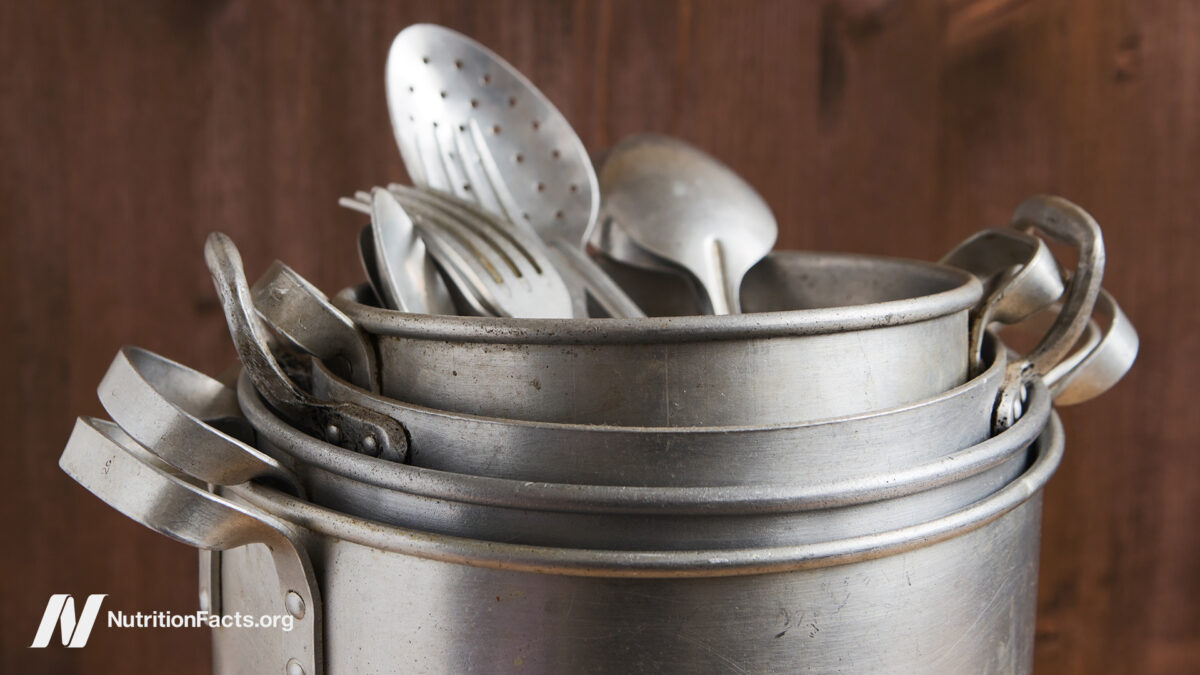
Coffee is one of the most widely consumed beverages in the world, and for many, it’s the perfect way to start the day! But beyond its stimulating effect, coffee is also known to have a curious effect on our digestive system: it makes us poop. While this may seem like a minor oddity, understanding why coffee has this effect can reveal important information about our digestive health and the benefits of maintaining regular bowel movements. So why does coffee make you poop?
This article will explore the science behind the impact of coffee on our digestive system and why being “regular” is crucial to our overall well-being.
Why does coffee make you poop?
Activates the body’s digestive system and healthy elimination of waste.
When we sleep, our body’s natural functions, including digestion, slow down significantly. Upon awakening, drinking a cup of coffee acts as a powerful stimulant that jump-starts our digestive system. Research has shown that the effects of coffee can be felt as little as four minutes after consumption, prompting the movement of food through the body and stimulating muscle contractions in the colon. This reactivation triggers bowel movement, making coffee an effective and reliable way to get things going in the morning.
Dr. Brisas Truncali, Gastroenterologist at GI AllianceShe says: “It certainly doesn’t help or work for everyone, but many people find that coffee helps them with their bowel movements. At the same time, there are also people who drink coffee and have diarrhea or urgency.”
Stimulates hormonal levels
Coffee’s ability to promote bowel movement isn’t limited to stimulating the digestive muscles; it’s also related to certain hormones in the body. One key hormone that coffee affects is cholecystokinin (CCK). CCK is released after eating and plays a key role in digestion by stimulating the production of bile, which helps break down fats. It also helps move food through the digestive tract, all the way to the colon.
Another hormone that coffee influences is gastrin. Gastrin is responsible for allowing the production of gastric acid, which is necessary for the digestive process. When coffee increases gastrin levels, it also stimulates the gastrocolic reflexThis reflex, which is most active in the morning, is triggered by the stretching of the stomach when we consume food or drink. It causes the colon to contract more frequently, sending waste into the rectum and triggering a bowel movement.
The combined effect of these hormones and reflexes explains why coffee drinkers often feel the need to go to the bathroom shortly after their morning cup. And it’s not just caffeine; even drinking a cup of decaf coffee, which contains just 2 mg of caffeine (compared to 95 mg in a regular cup of coffee), can produce a similar effect, albeit to a lesser degree.

Additives in coffee
Not all coffee drinkers experience the same level of digestive stimulation, as several factors can influence how coffee affects the body.
Dairy products and (artificial) sweeteners. Additives such as cream or certain sweeteners can alter the way coffee interacts with the digestive system. For example, dairy-sensitive people who use dairy in their coffee may experience a stronger laxative effect between the two components. Certain artificial sweeteners containing polyols They can also cause gastrointestinal symptoms such as gas and diarrhea, especially in those who consume them in large quantities.
Hot vs. Ice Cream. As for coffee temperature, hot beverages may be better than iced ones for stimulating bowel movements. While there isn’t enough evidence to support coffee specifically, researchers have found that drinking warm water may promote better bowel motility. three day studyResearchers found that drinking 500 cc of warm water upon awakening relieved constipation in 56% of participants on the first day, 76% on the second, and 80% on the third.
Regular vs. Decaf. Additionally, the type of coffee consumed (and the amount of caffeine consumed) can make a difference: those who drink regular coffee instead of decaf have a 23% stronger effect on the colonic muscle. Decaffeinated coffee, while milder, may stimulate bowel movements due to other compounds present in the brew. People more sensitive to caffeine may also experience stronger effects, while regular coffee drinkers may need a larger amount to achieve the same result. Truncali says that “it’s not uncommon for people to say that coffee or caffeine causes diarrhea, a strong urge to have a bowel movement, or cramping when having a bowel movement. TOO MUCH can certainly lead to diarrhea. Diarrhea can also be a symptom of caffeine overload or overdose.”
Surprising benefits of regular bowel movements
Bowel movement schedules can vary from person to person. For the average person, a healthy bowel movement schedule can range from three times a day to once every three days. Regular bowel movements are more than just a sign that the digestive system is functioning properly — they offer several health benefits.
Prevents certain health conditions
Having regular bowel movements can reduce the risk of developing certain conditions in the body, such as constipation, hemorrhoids, irritable bowel syndrome, and other digestive problems. These conditions can be uncomfortable and even lead to more serious health problems if left untreated.
Maintains a healthy immune system
Seventy percent of our immune system is located in the digestive tract, so maintaining a healthy gut (such as having a healthy bowel movement schedule) can help our immune system stay strong. A strong immune system can also make us more resistant to infections and diseases.
Releases endorphins
Interestingly, the act of defecating can release endorphins, the body’s natural feel-good hormones. This release can improve mood, increase energy levels, and reduce stress and anxiety. Truncali adds that for some people, simply knowing that they are defecating regularly is beneficial for both physical and mental well-being.
Prevents swelling
Regular bowel movements can help prevent bloating by removing unnecessary waste and reducing gas buildup. They can also help prevent constipation and maintain a balanced gut microbiome, which together keep you from feeling bloated and uncomfortable. For total debloating, try HUM’s FLATTER ME digestive enzyme.
The takeaway about coffee poop…
While coffee has long been praised for its ability to get us moving in the morning and give us energy throughout the day, using it to have regular bowel movements comes with significant health benefits. Boosting the digestive system and hormone levels through coffee can ensure regular bowel movements, which is essential for maintaining overall health and well-being. Whether you’re a coffee enthusiast or just looking for a way to maintain “regularity,” understanding how coffee affects your body can help you create a healthy schedule that works for you and allows you to maintain good digestive health.






